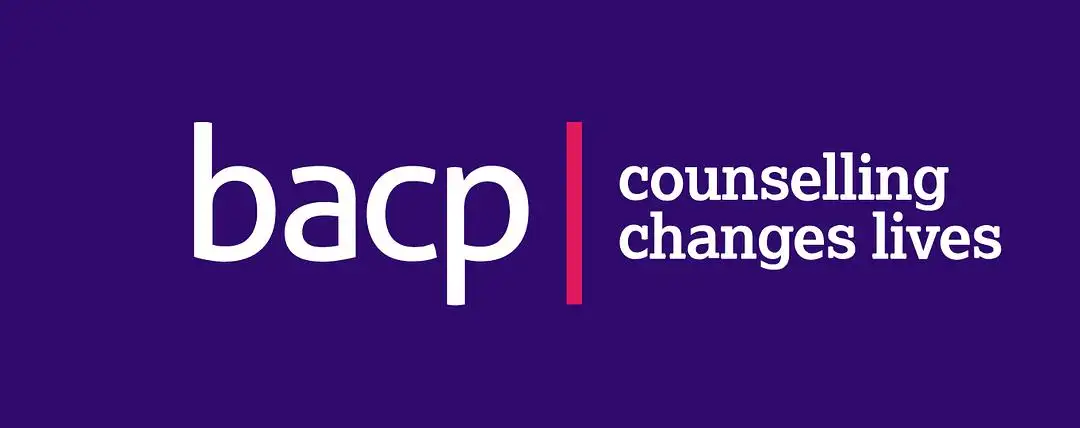Release time: 2022-04-04 12:22

Disappointment on conversion therapy ban proposals latest
We’ve commented following reported changes in the government’s plans
We’re shocked and disappointed by reported changes to the UK government’s plan to ban conversion therapy in England and Wales.
Yesterday evening, it was reported that the government was dropping its proposals.
But hours later it was reported the government would go ahead with the ban - but only for gay and bisexual people in England and Wales and not for trans people.
The ban is due to be confirmed in the next Queen’s Speech.
We’re fundamentally opposed to any misuse of therapy to try to change a person’s sexual orientation or gender identity, and believe conversion therapy is unethical and potentially harmful.
Sexual orientations and gender identities are not mental health disorders. Anyone accessing therapy should be able to do so without fear of judgement or the threat of being pressured to change a fundamental aspect of who they are.
A ban that only addresses conversion therapy for sexuality and not gender identity is inadequate.
We need to protect all individuals and communities who are at risk of harm from conversion therapy.
Earlier this year, we responded to the UK government’s conversion therapy consultation.
We want to ensure any proposed ban is effective, workable and in line with our consultation response and the Memorandum of Understanding (MoU) on Conversion Therapy, of which we’re a member.
But we also want to ensure it does not lead to unintended consequences around therapists’ ability to work with gender and sexually diverse clients.
We are now eagerly awaiting further clarification from the UK government on what’s happening with the proposed ban for England and Wales.
We’ll continue to hold the UK government to account on this and work with governments in Scotland and Northern Ireland to deliver an end to conversion therapy for everyone at risk, while safeguarding ethical forms of therapy which work with clients to explore their sexual orientation or gender identity.